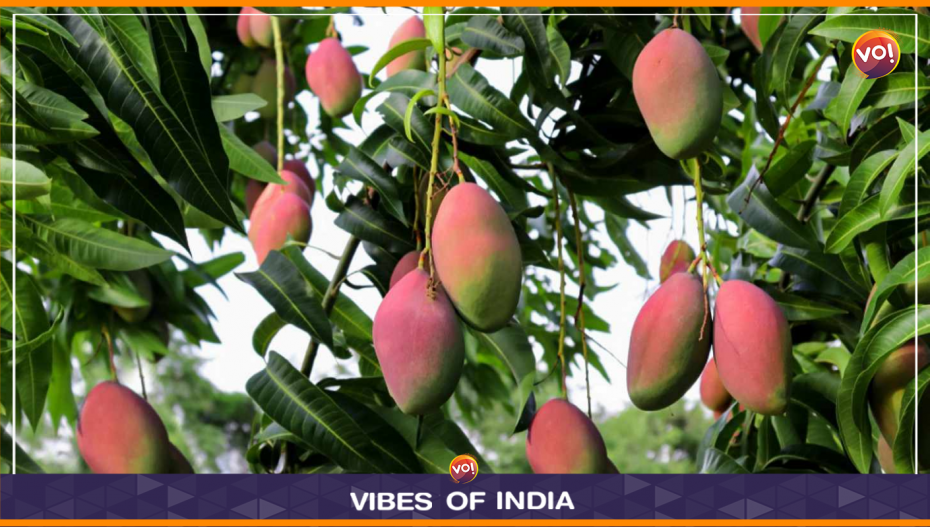Despite awareness and some rectification underway, it is a classic case of too little, too late. Global warming, pollution and man’s reckless treatment of Nature have claimed a new casualty. Mangroves in Gujarat, will for the second straight season, deliver lesser than expected. Why?
“Drastic variation in day and night temperatures and unseasonal rain. We apprehend more rains this week,” decried Ghafoor Quereshi, a mango cultivator in Talala, Gir-Somnath district. The farmer is known as an “innovative cultivator,” having bred more than 200 varieties at his mangrove.
However, he is not alone in his woes. Fruit growers across the plantations of Junagadh and Amreli, the two major districts where kesar is cultivated, now confirm that mango production could be 25-30% less as compared to 2022. It may be recalled that Cyclone Tauktae in May 2021 had completely destroyed the mango crop that year, as well as in 2022.
Kesar mango is cultivated on about 25,000 hectares in Junagadh, Gir-Somnath, Amreli and Bhavnagar districts and the average seasonal production is 2.50 lakh tons. However, the production has been on a wane due to climate change in the past few years.
“This time, people will have to wait till May end for the best pick. The weather has not been kind for kesar this season. The trees were laden with fruits in December. However, inclement weather and unseasonal rain have damaged most of the crop,” added Quereshi.
Generally, flowering on mango trees starts in December. This winter the day temperature was 25°C to 30°C while the nights recorded 10°C to 12°C. According to experts, the fluctuation should not be more than 10 degrees.
However, winter set in late December which was followed by cold waves that damaged the flowers. Similar weather conditions prevailed in February.
Recently, several regions in Amreli and Junagadh were lashed by unseasonal rain and hail, which only worsened the natural process. Sources added that kesar boxes which hit the market from early May will be those where farmers have used hormones for early ripening.
However, adopting a measured view, K. Varu, HoD Fruit Science, Junagadh Agricultural University (JAU)’s Horticulture College, explained: “It is too early to estimate the extent of the damage but the cold waves and unseasonal rain have certainly hit the crop in several areas. There is not much of a problem in 40% of the trees where flowers developed in November-December. But those where flowering happened in February will be damaged due to high temperatures.”
Also Read: Jaipur: Weather Change Triggers Spike In Influenza-Like Cases










